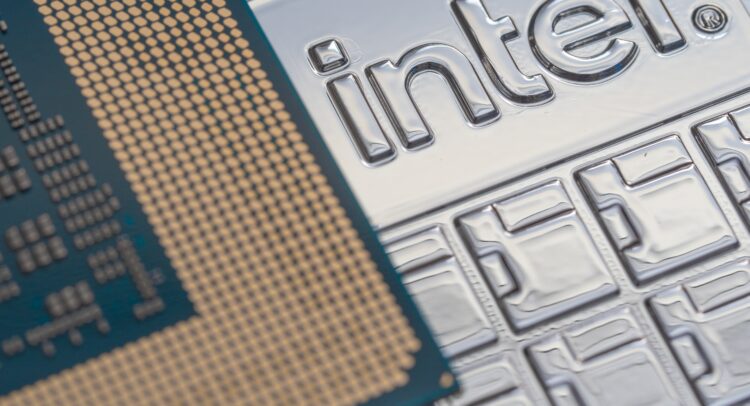We all know that chipmaker Intel (INTC) has been the beneficiary of a significant quantity of tax dollars lately. So, when Intel announced plans to cut a lot of jobs, that did not sit well with the government that doled out said tax dollars. But Intel is up nearly 3% in Thursday afternoon’s trading today despite facing new questions from Congress about why it both takes taxpayer money then leaves them jobless.
Senator Rick Scott noticed the odd dichotomy at work—take taxpayer money and then prompt another expense of taxpayer dollars by activating unemployment insurance—and questioned Intel CEO Pat Gelsinger about the matter on Wednesday. With Intel in line to receive close to $20 billion in grants and loans, it was a worthwhile question to ask.
Scott then twisted the knife, questioning the competence of the Commerce Department itself. He asked if the awards had failed “…to include real metrics that would protect taxpayer dollars from going to companies that could not meet high standards for U.S. manufacturing and job creation.” The Commerce Department refused to comment, and Intel itself did not respond.
Improving AI Innovation Costs
In a separate development, Intel is now working on a new project with computing hardware giant IBM (IBM) to improve costs in artificial intelligence (AI) innovation. More specifically, Intel will be supplying IBM with Gaudi 3 AI accelerators to be used with the IBM Cloud system. The combination will open up support for Gaudi 3 systems in the watsonx AI, as well as in the accompanying data platform.
This also makes IBM the first cloud service provider to bring in Gaudi 3, and might let Intel make a case to other such platforms should this approach work for IBM.
Is Intel a Buy, Sell, or Hold?
Turning to Wall Street, analysts have a Hold consensus rating on INTC stock based on one Buy, 26 Holds, and five Sells assigned in the past three months, as indicated by the graphic below. After a 40.61% loss in its share price over the past year, the average INTC price target of $27.32 per share implies 35.72% upside potential.

















